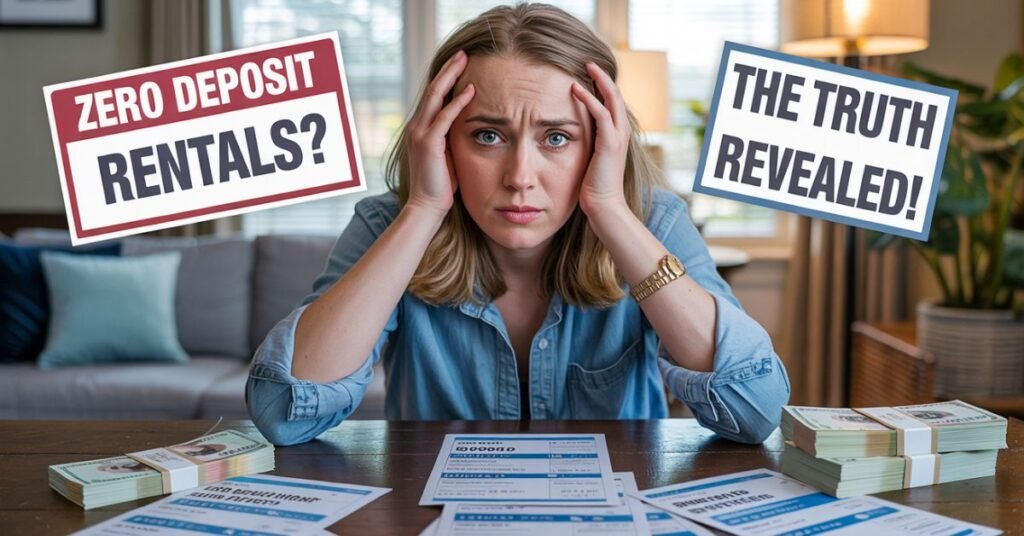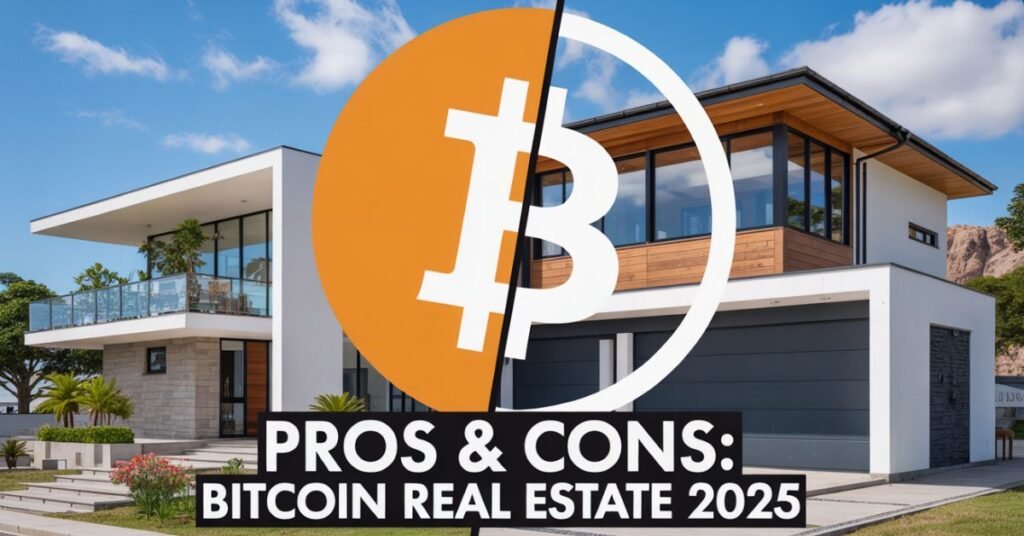
Renting in the US has always come with its share of upfront costs, but as we head deeper into 2025, a game-changing option is gaining traction: zero-deposit rentals. With housing prices soaring and economic uncertainty lingering, many renters are asking if ditching the traditional security deposit could ease the financial strain. If you’re tired of scraping together thousands just to move in, this post dives into what zero-deposit rentals really mean, their upsides and downsides, and whether they fit your situation in today’s competitive market. Let’s break it down step by step to help you decide.
What Exactly Are Zero-Deposit Rentals?
Zero-deposit rentals, also known as no-deposit or deposit-free renting, let you skip the hefty security deposit—often equal to one or two months’ rent—and replace it with a more affordable alternative. Instead of tying up your cash in a refundable deposit, you pay a smaller upfront fee or ongoing monthly charge to a third-party provider. This acts like insurance for landlords, covering potential damages or unpaid rent without you forking over a big lump sum.
In the US, companies like Obligo, Rhino, and Zero Deposit are leading the charge, partnering with property managers to make this possible. For example, Rhino offers deposit-free options where you might pay around $20 monthly for a $2,500 rental, saving thousands upfront. These schemes are popping up in major cities, from New York to California, as renters seek budget-friendly ways to navigate high living costs in 2025.
How Do Zero-Deposit Rentals Work in Practice?
The process is straightforward but varies by provider. Here’s a quick rundown:
-
Eligibility Check: You’ll still need to pass standard tenant screenings, like credit and background checks, to qualify.
-
Upfront Payment: Pay a one-time fee (often one week’s rent plus a small setup cost) or a low monthly premium instead of a full deposit. For instance, Zero Deposit might charge one week’s rent plus £59.99 setup, followed by £17.50 annually.
-
Coverage for Landlords: The provider guarantees protection against damages or rent defaults, sometimes up to six or eight weeks’ worth—more than traditional deposits allow.
-
End of Lease: Unlike traditional deposits, these fees are usually non-refundable, but you avoid disputes over deductions. If issues arise, the provider handles claims impartially.
This model is revolutionizing renting by making it faster and more accessible, especially for young professionals or those relocating suddenly. In 2025, with rental markets tightening, it’s becoming a go-to for avoiding the “dead money” trap of locked-up deposits.
Key Benefits of Zero-Deposit Rentals
If upfront costs are your biggest hurdle, zero-deposit options can solve real problems. Here are the main advantages based on current trends:
-
Saves Money Upfront: Traditional deposits can demand thousands, but zero-deposit schemes slash this to a fraction—think $100-$500 initially versus $2,000+. This frees up cash for moving expenses or emergencies, a huge win in today’s economy.
-
Faster Move-In: No need to wait months saving for a deposit; qualify and move quickly, reducing stress in competitive markets.
-
Builds Renter Credit: Some programs, like Rhino’s, help establish good credit with on-time payments, boosting your profile for future rentals or even mortgages.
-
Wider Property Choices: More landlords are adopting these schemes to attract tenants, expanding your options without financial barriers.
-
Peace of Mind: Independent adjudication minimizes end-of-lease disputes, making the process fairer and less confrontational.
Renters like Jeremiah and Chrissy have praised these for cutting moving costs by over 65% and enabling stress-free relocations. In 2025, with inflation still biting, this flexibility is empowering more people to rent without breaking the bank.
Potential Drawbacks to Consider
Zero-deposit rentals aren’t perfect— they come with trade-offs that could add up over time. Weigh these cons carefully:
-
Ongoing Fees: That low upfront cost often means monthly or annual charges, which might exceed a traditional deposit if you stay long-term. For example, it could take 10+ years of payments to match one deposit’s value.
-
Non-Refundable Nature: You won’t get your money back at lease end, even if you’re a model tenant, unlike refundable deposits.
-
Limited Availability: Not all landlords or properties offer this, and eligibility depends on your credit—poor scores might disqualify you.
-
Potential for Higher Total Costs: If disputes arise, you could still owe for damages, and some schemes add fees to your rent.
-
Market Risks: In volatile 2025 markets, if providers change terms or face issues, it could complicate your tenancy.
Critics on platforms like Reddit note it might disadvantage tenants by inflating overall expenses without refunds. Always read the fine print to avoid surprises.
Pros and Cons at a Glance
To make comparison easier, here’s a quick table summarizing the key points:
| Aspect | Pros | Cons |
|---|---|---|
| Cost | Low upfront fees save immediate cash | Ongoing payments can add up over time |
| Accessibility | Easier for low-savings renters | Strict eligibility checks may exclude some |
| Flexibility | Quick move-ins and more options | Non-refundable, no money back |
| Protection | Covers landlords well, fair disputes | Potential for extra fees in claims |
| Long-Term Value | Builds credit, reduces void periods | Might cost more than traditional deposits long-term |
This setup highlights how zero-deposit rentals shine for short-term needs but may not suit everyone.
Are Zero-Deposit Rentals Right for You in 2025?
It depends on your situation. If you’re a student, young professional, or facing a sudden move, the lower barriers could be a lifesaver—especially with US rental vacancy rates hovering low and competition fierce. Opt for this if you prioritize cash flow now over potential long-term savings.
On the flip side, if you plan to stay put for years and have solid savings, a traditional deposit might be cheaper since it’s refundable. Factor in your credit score, rental history, and local market—check providers like Obligo for 2025 updates, as they’re expanding rapidly.
Pro tip: Compare quotes from multiple schemes and talk to your potential landlord. Tools from sites like Zero Deposit can help simulate costs. In today’s market, where affordability is key, this could be the edge you need to secure your dream spot without draining your wallet.
Renting smarter in 2025 means exploring options like zero-deposit rentals. If it aligns with your budget and lifestyle, it might just rank as your best move yet. Have you tried one? Share your thoughts below!


